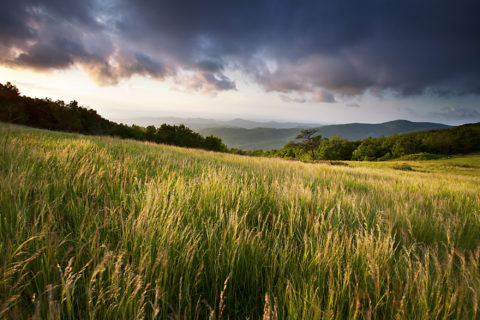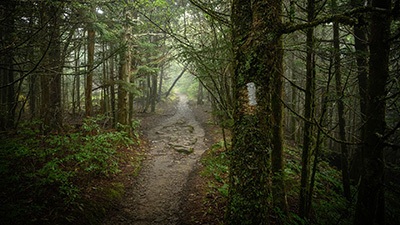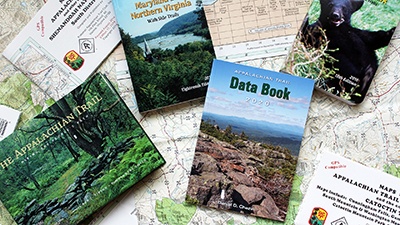ATC STAFF
Looking Back, Looking Forward
December 30, 2021
We at the Appalachian Trail Conservancy (ATC) are proud of the impact we made together in 2021. It was your love of the Appalachian Trail (A.T.) and your support of the ATC that helped make this impact possible. As we head into the new year, we wanted to take a look back at some of our accomplishments in 2021 and look forward to our work ahead.
In many ways, 2021 required us to focus on the core of what we do: manage, protect, and advocate for the A.T. But, with the persistence of the COVID-19 pandemic, we were compelled to change the way we work. And with greater urgency around climate action, we were compelled to rethink why we do what we do.
Here are just a few highlights from an inspiring, challenging, and impactful year:
Expanded our A.T. Landscape conservation efforts by acquiring 1,600 priority acres in southwest Virginia, and supporting the protection of another 20,566 acres through ATC’s Wild East Action Fund. These lands will both protect A.T. views and enhance the Trail’s resiliency to climate change.
Established a new Visitor Services program focused on educating the A.T.’s millions of annual visitors on how to become better prepared and more responsible hikers, and on how to become future Trail stewards.
Advanced the protection of the Trail’s incomparable views by collecting data on 116 scenic views across the A.T. as part of the Visual Resource Inventory.
Improved the A.T. hiking experience at multiple heavy use areas, including Franconia Ridge in New Hampshire, the Triple Crown in Virginia, Max Patch on the North Carolina/Tennessee border, and multiple locations throughout Georgia.
Developed COVID-19 safety protocols to help protect A.T. volunteers and Trail Crew members, ensuring the Trail could continue to be safely maintained and conserved throughout the pandemic.
Continued the fight against invasive species across the A.T. In particular, more than 700 ash trees across the Trail corridor were treated against the emerald ash borer, helping to protect genetic diversity in A.T. forests.
Enhanced our understanding of resource management across the A.T. and its surrounding landscape by co-hosting multiple science and stewardship webinars with the National Park Service.
Continued to build out the Damascus Trail Center, scheduled to open in spring 2022. The Center will serve as a hub for outdoor enthusiasts and Trail lovers across the region.
Celebrated the 100th anniversary of the vision that set the Appalachian Trail project in motion: the groundbreaking essay, “An Appalachian Trail: A Project in Regional Planning,” by Benton MacKaye. Through a yearlong retrospective, we examined the impact of MacKaye’s vision and how it will continue to inform our work for the next century and beyond.
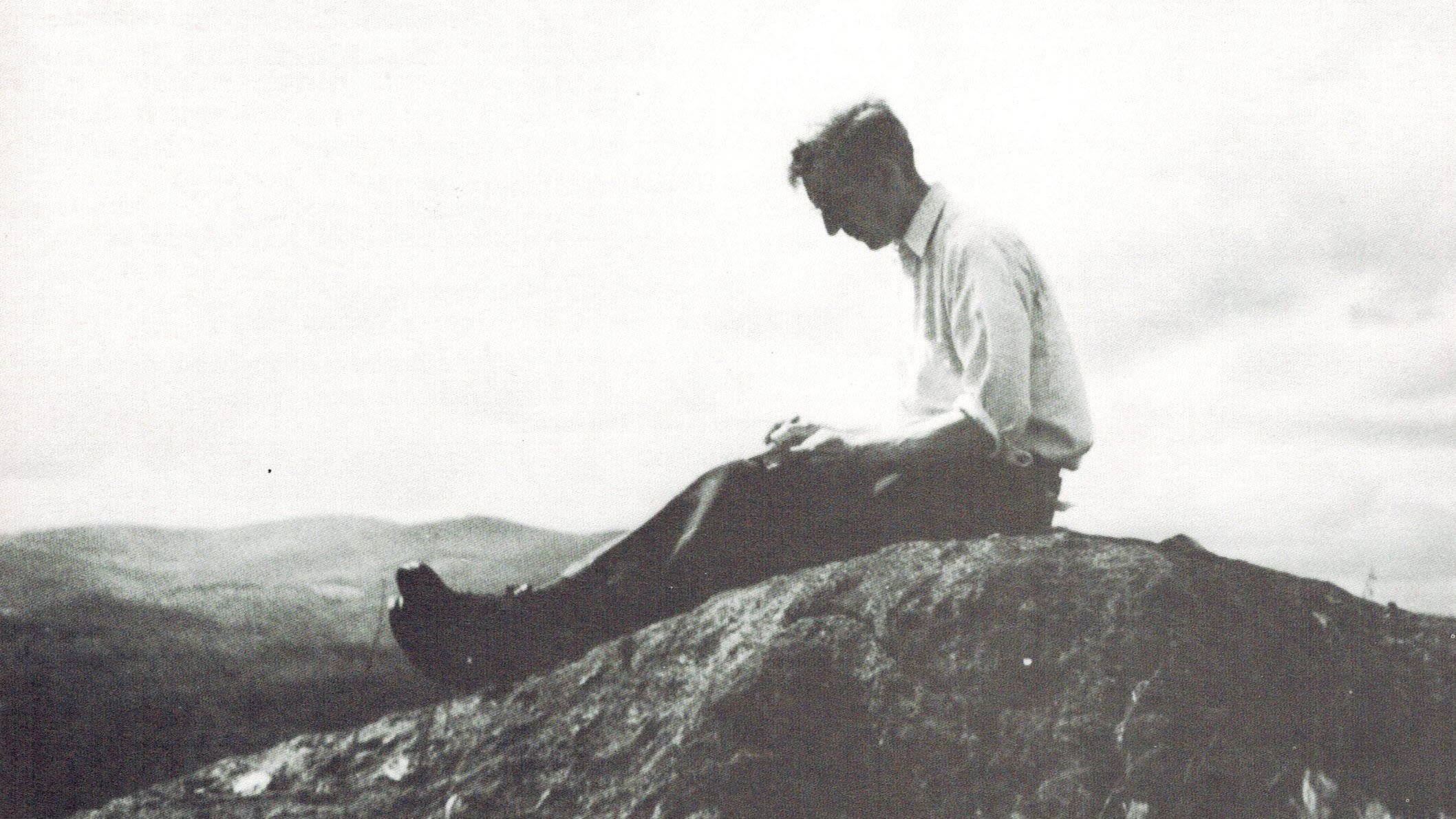
“We build for ourselves, on the frontier, a better, wider place in which to live a better, wider life.”
-Benton MacKaye
MacKaye once described the A.T. as “a project to develop the opportunities – for recreation, recuperation, and employment – in the region of the Appalachian skyline.” This vision has become a reality in many ways, yet while the A.T. continues to be one of the greatest conservation achievements in American history, there is still work to be done.
2022 marks the beginning of a second century for the Trail, and a new opportunity for us to build upon 100 years of work behind us. It is a chance for us to reinforce protections for the A.T. landscape, to help solve some of the greatest challenges of our time such as climate change, and to ensure that the Trail is truly a resource for everyone to enjoy, forever.
All of this will only be possible thanks to your support, and we hope you will continue to join us on this journey.
Happy Trails,
The Appalachian Trail Conservancy Team
Discover More

A Strong Future
Conservation
As stewards of the Appalachian Trail, our goal is to ensure it will be enjoyed for centuries to come.
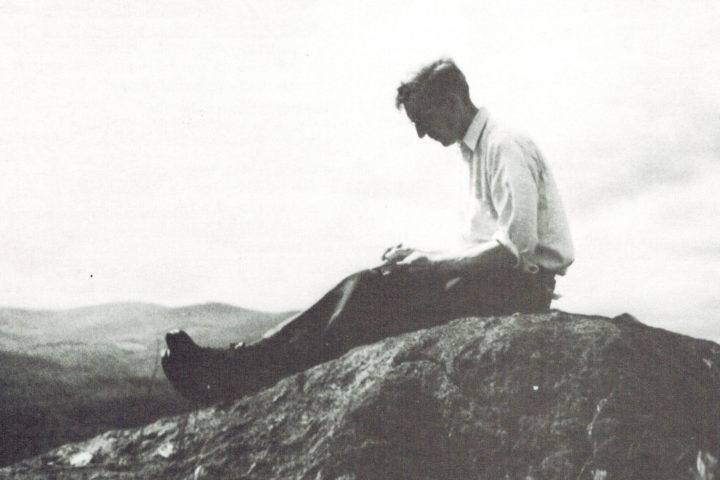
A Century of Inspiration
Benton MacKaye: Celebrating a Vision
2021 marks the 100-year anniversary of the publication of Benton MacKaye’s groundbreaking article proposing the Appalachian Trail. Even after a century, MacKaye’s original vision continues to inspire and guide us.

BY DANIEL ANTHONY HOWE
The A.T. in Its Second Century
As we celebrate 100 years since the Appalachian Trail was proposed, what will it take to conserve the Trail for another century (and beyond)?


